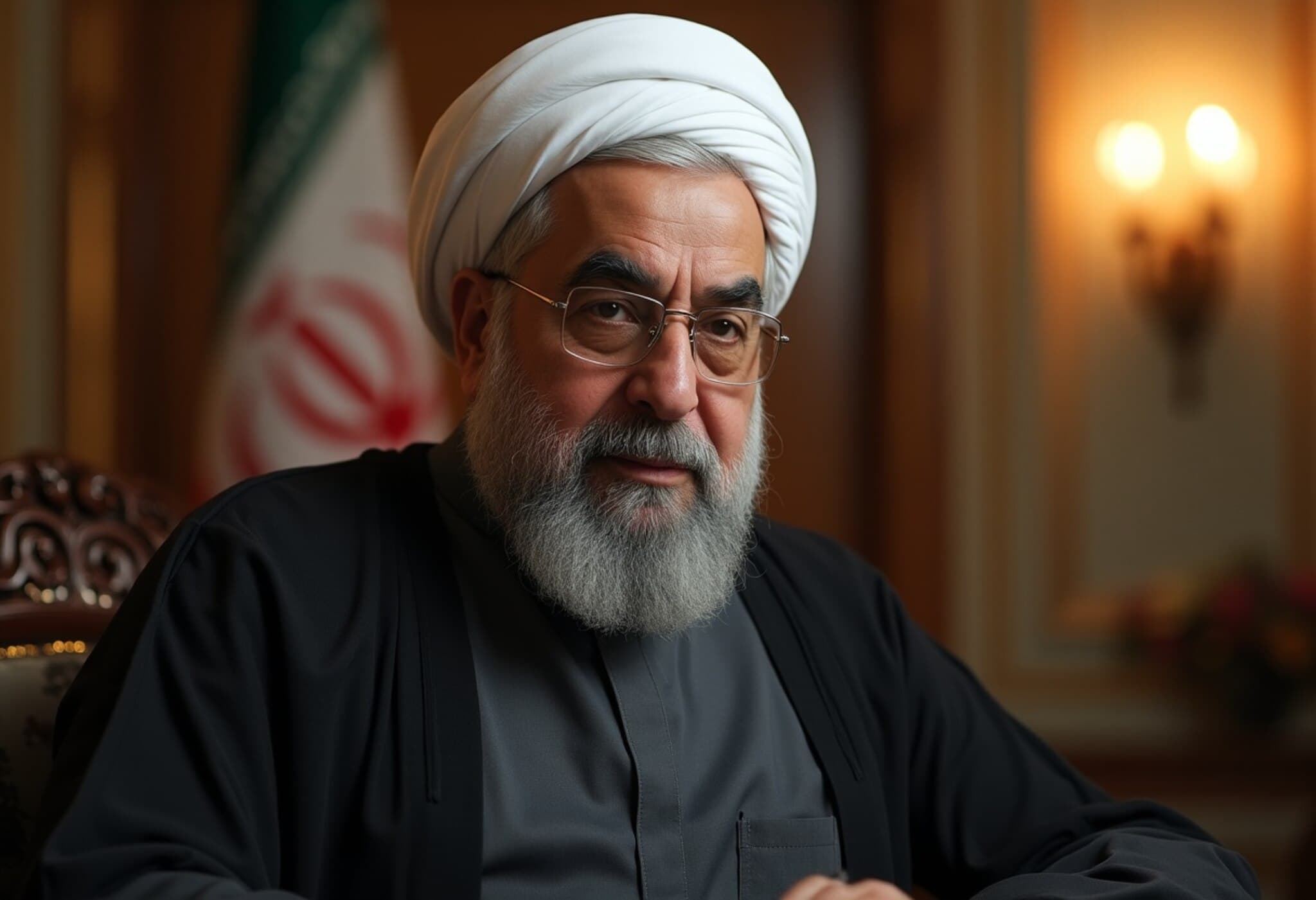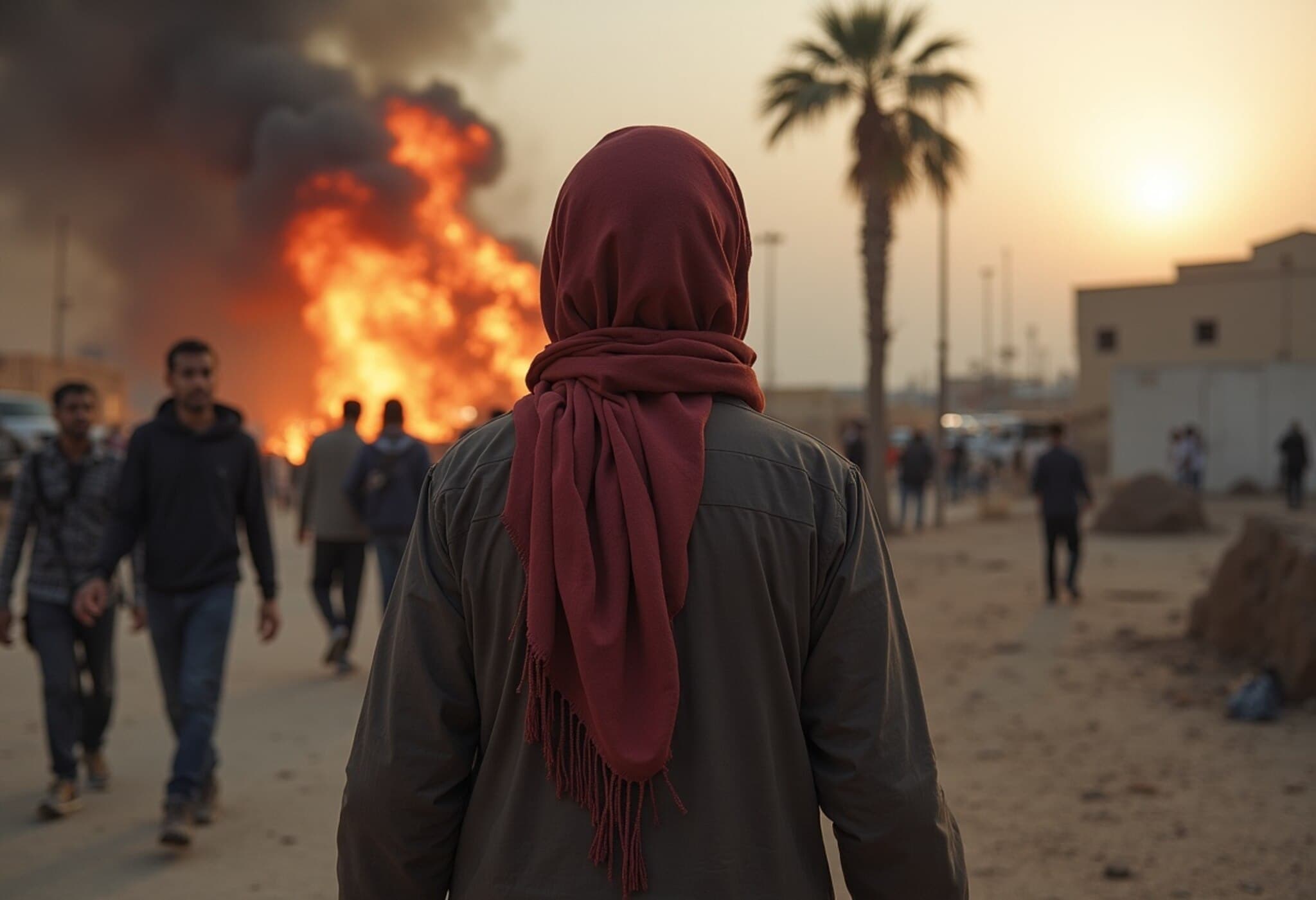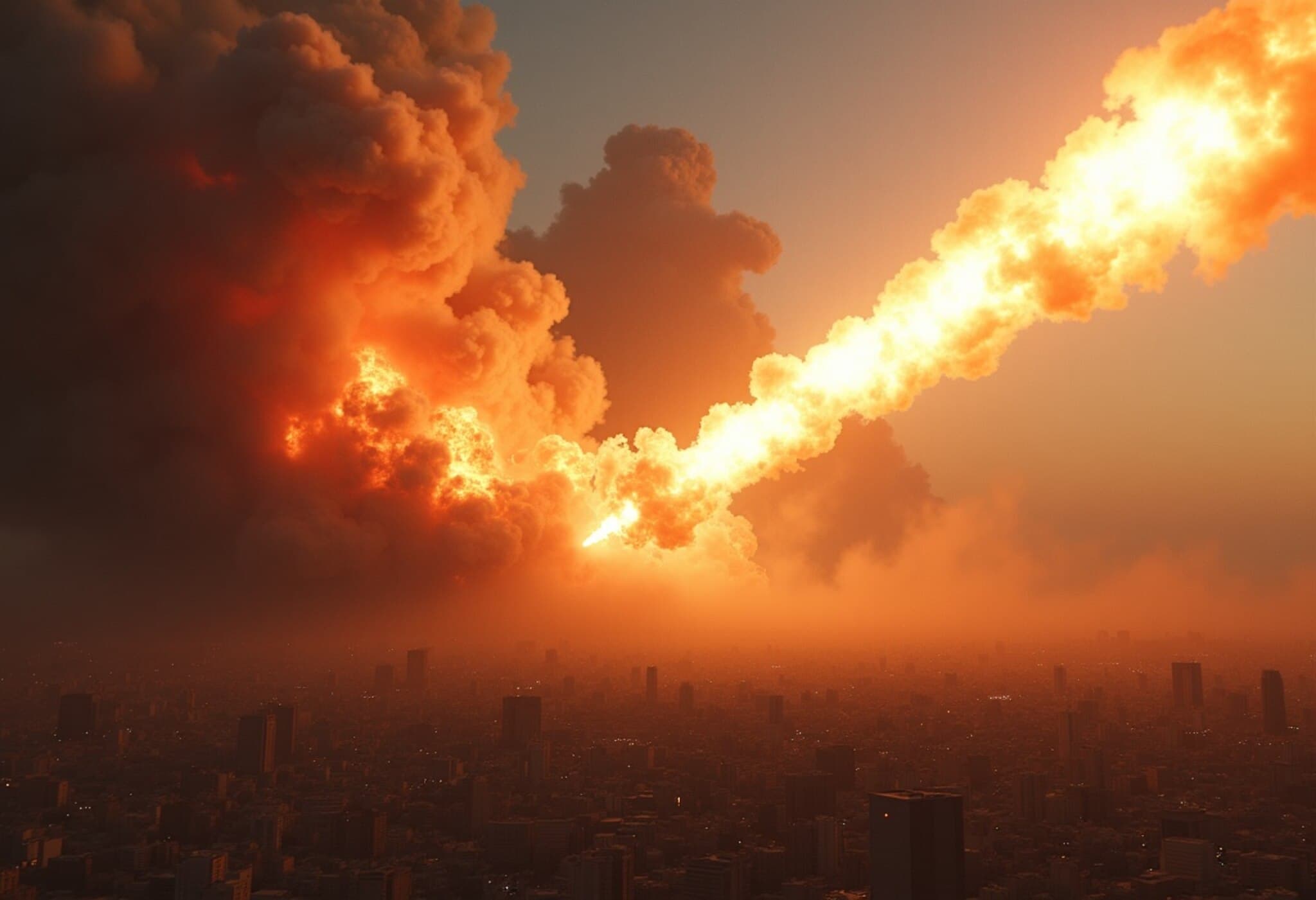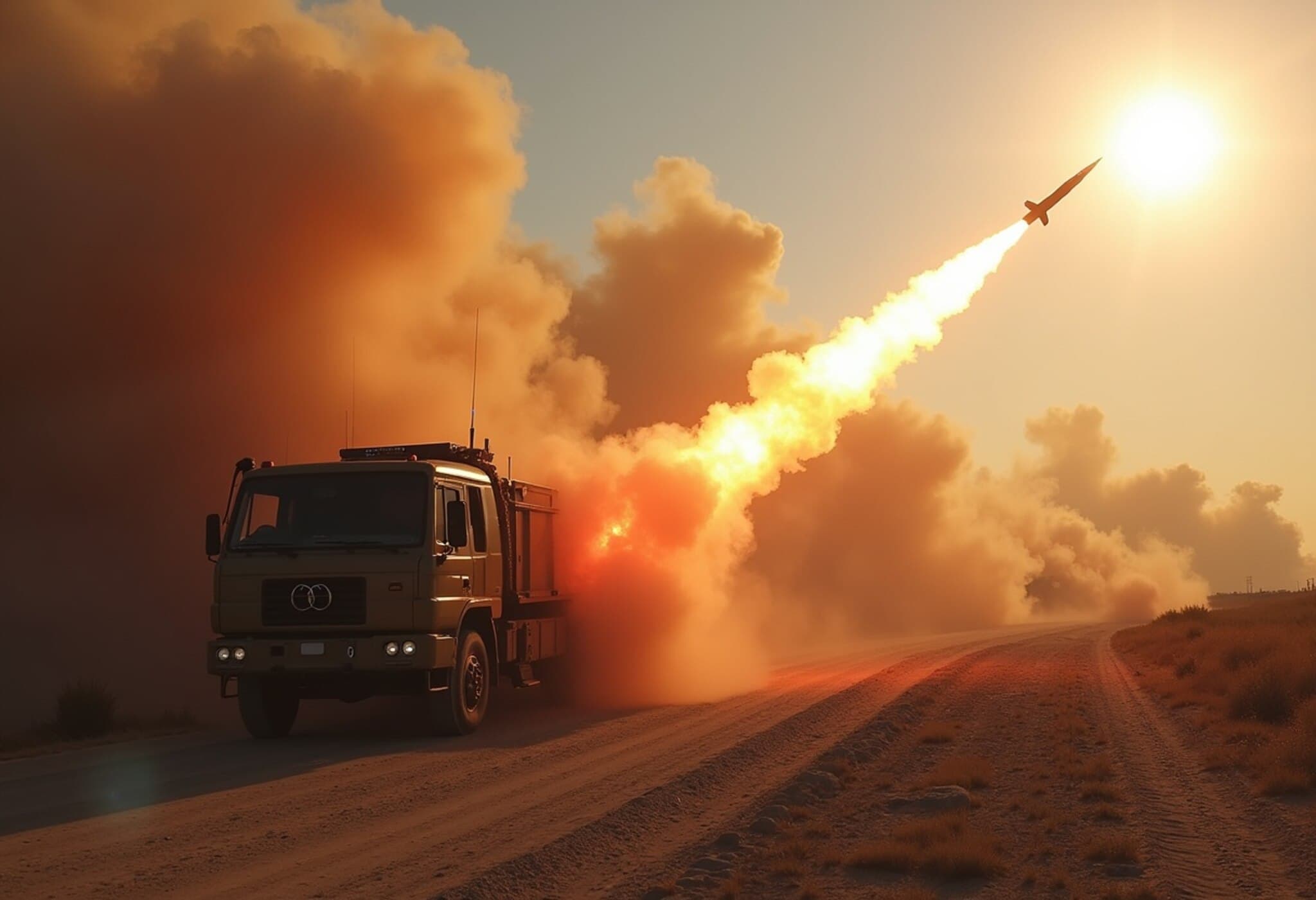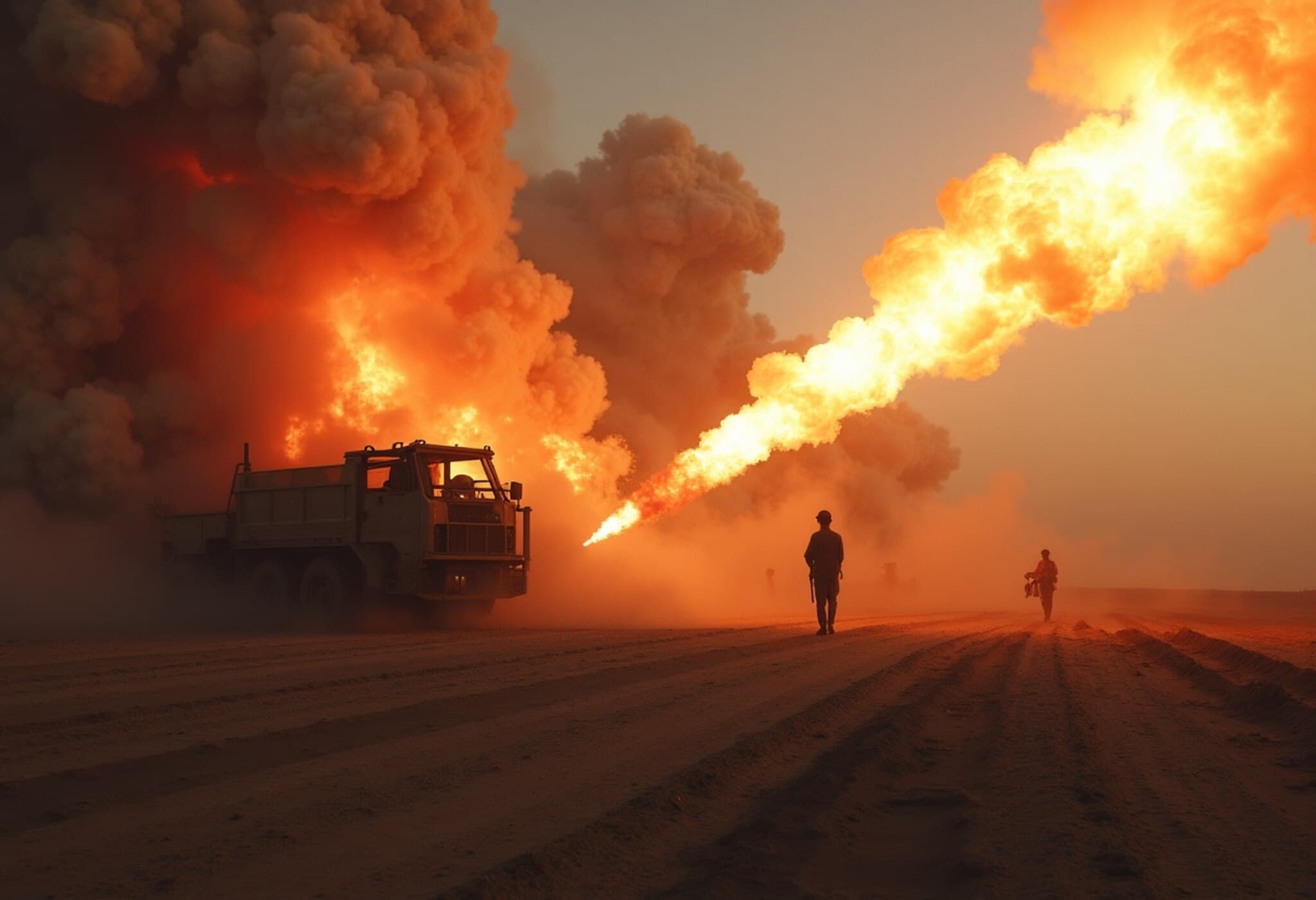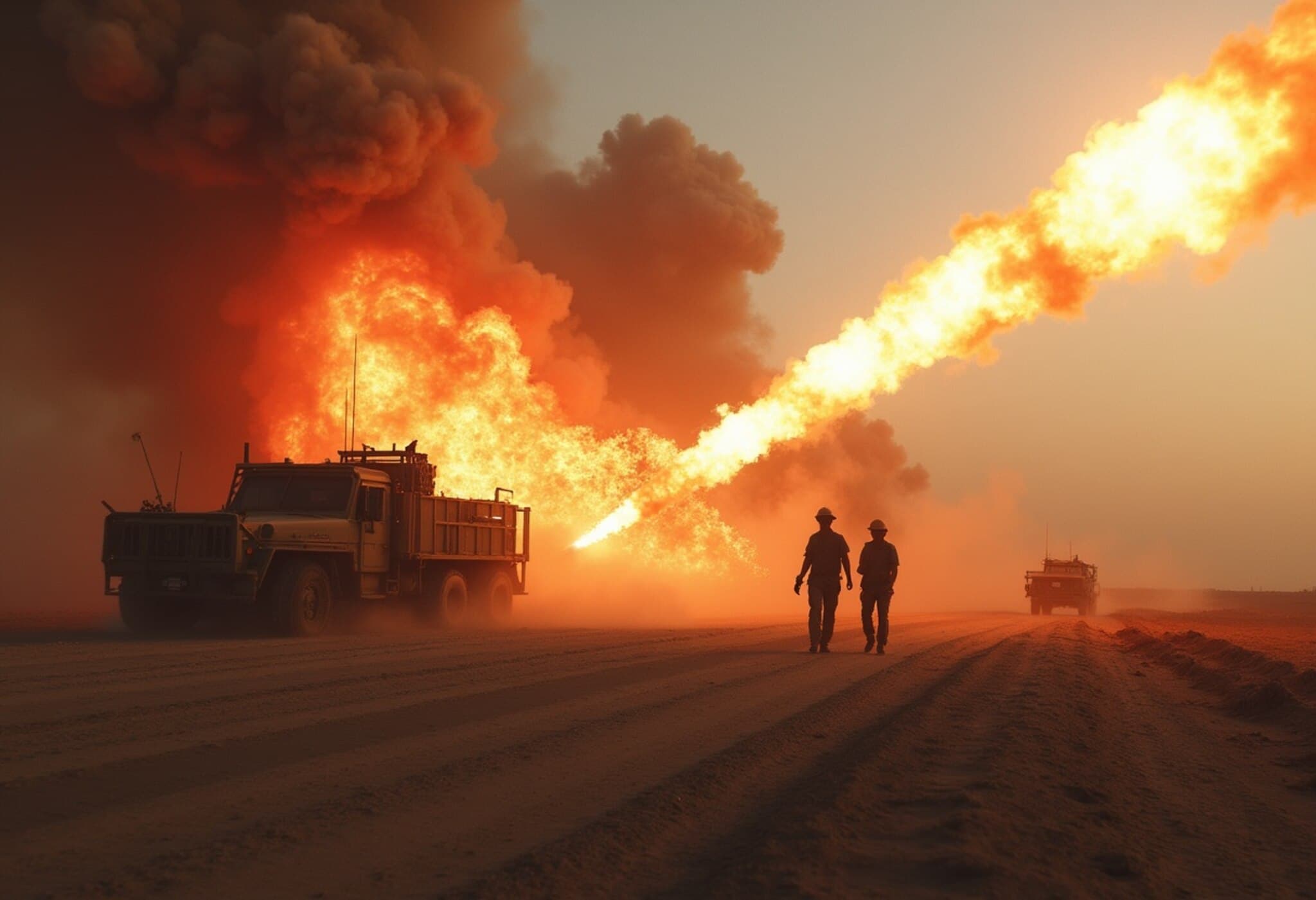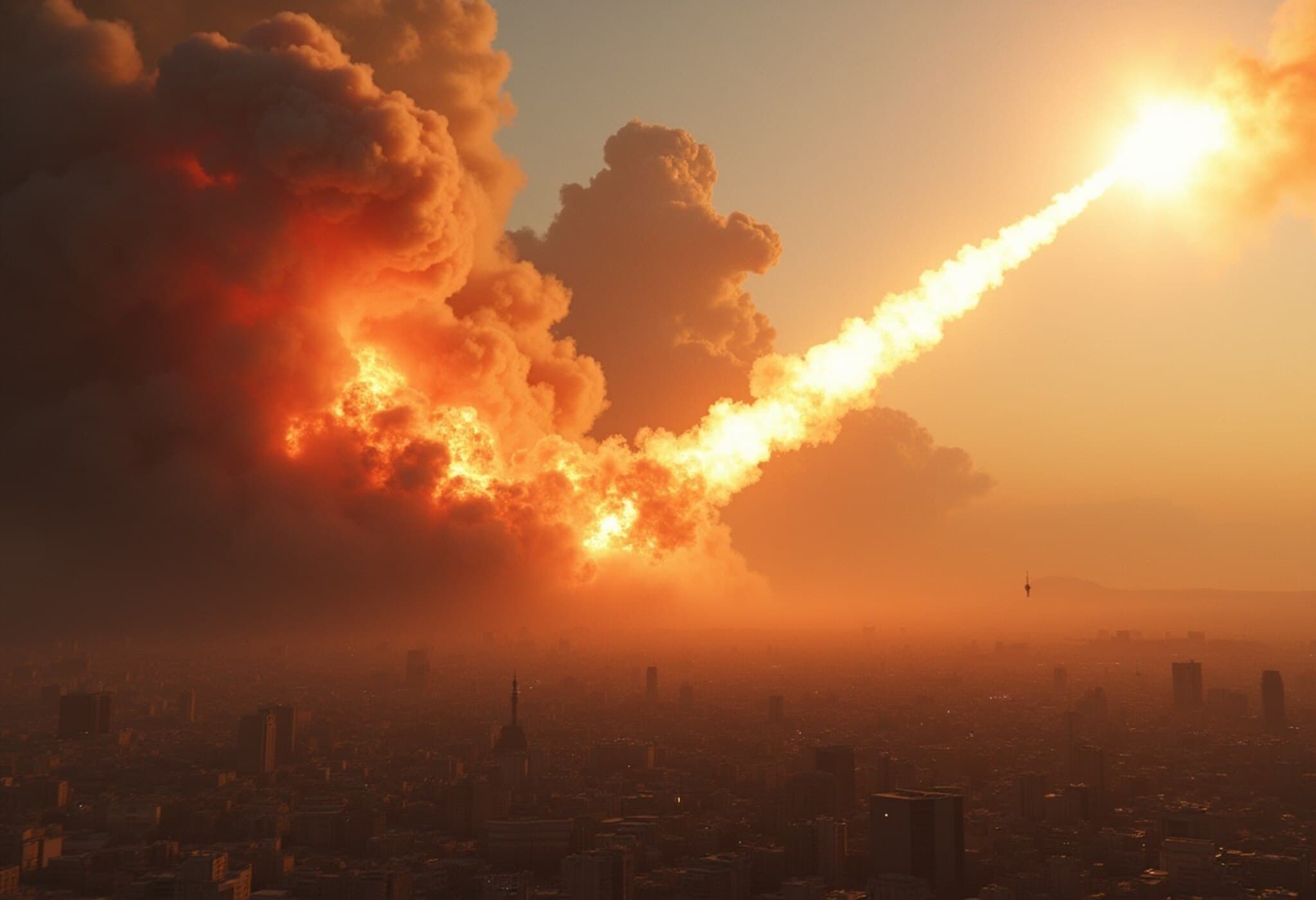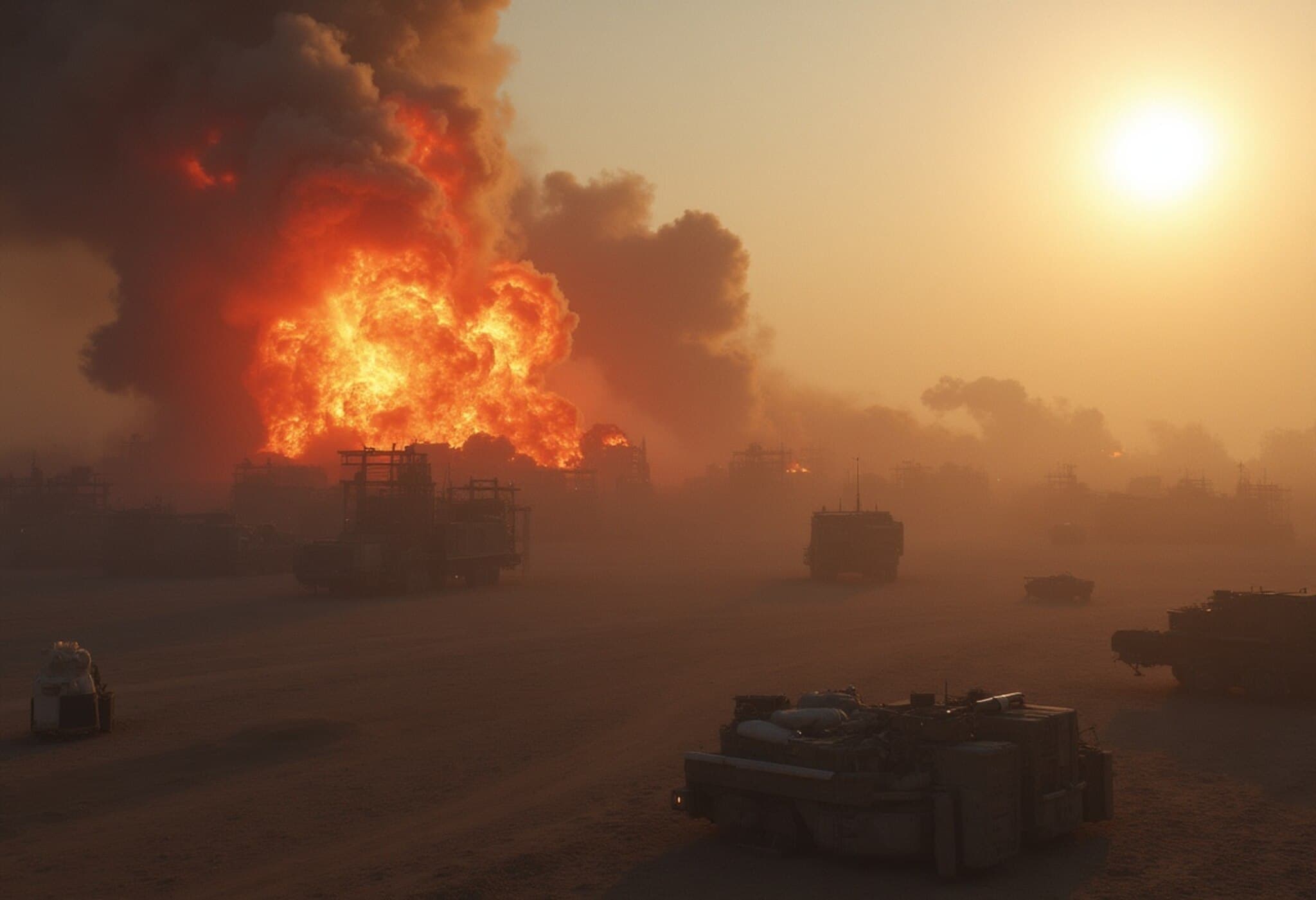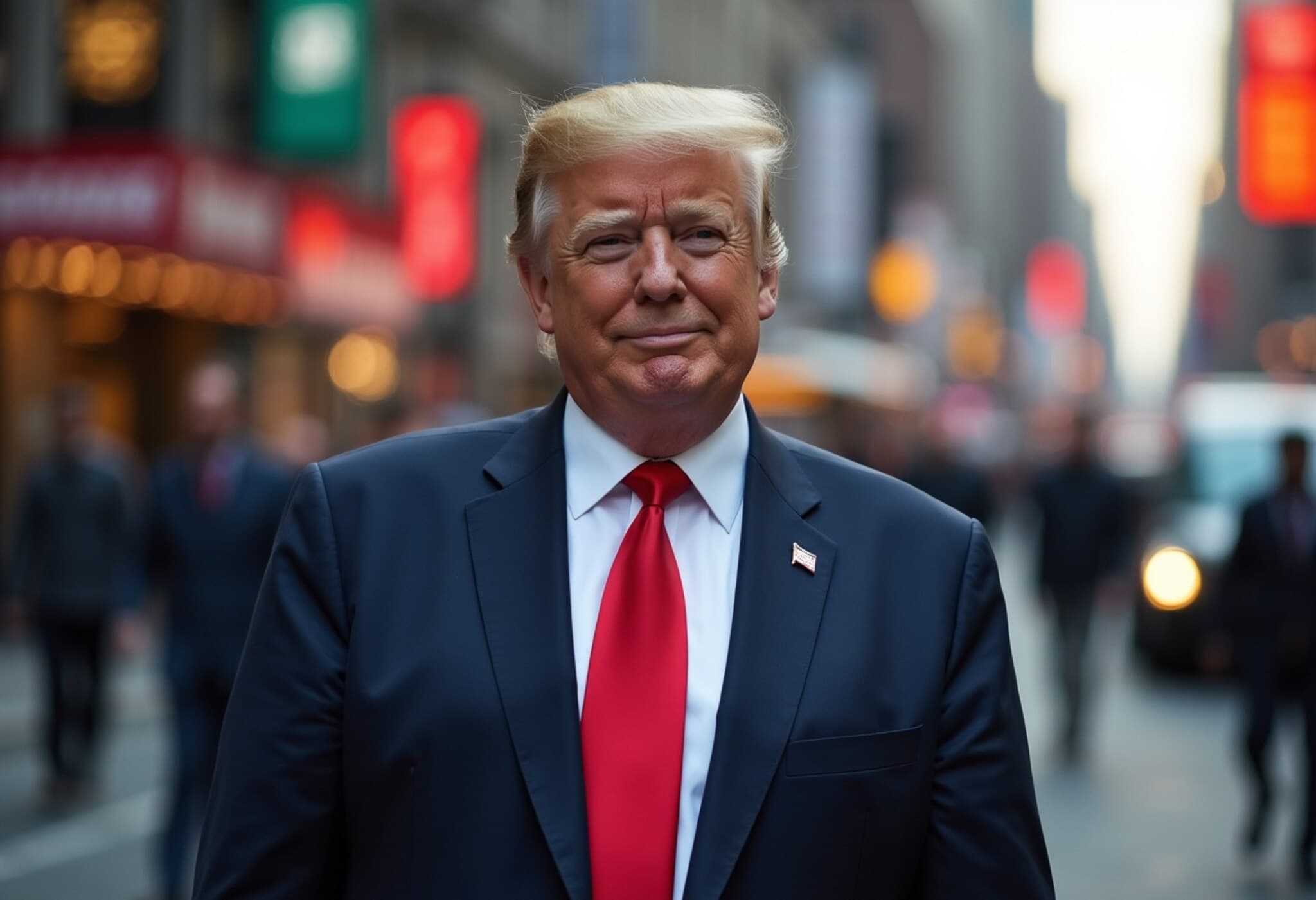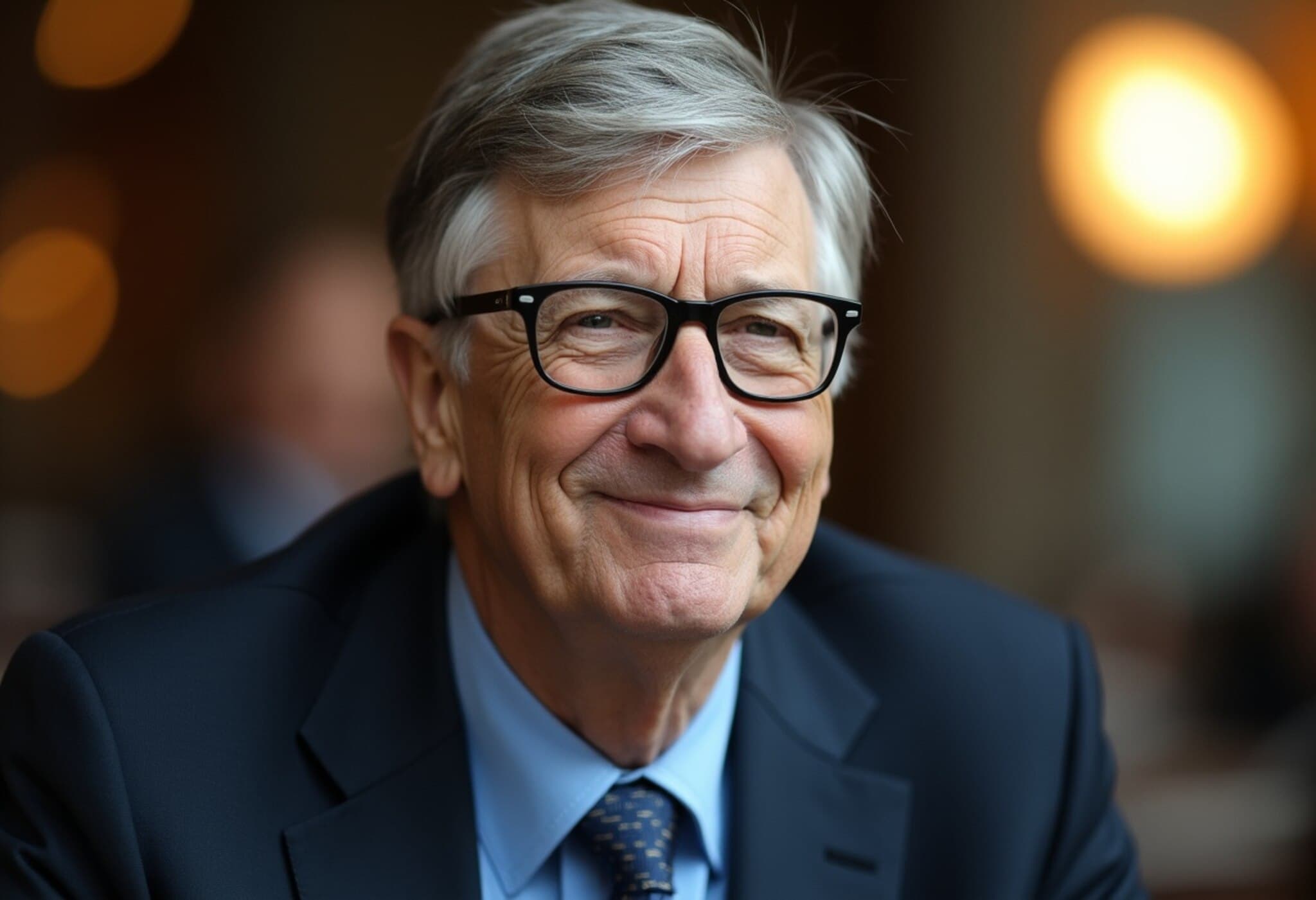Iranian President Masoud Pezeshkian Accuses Israel of Assassination Plot
In a startling development that threatens to undermine recent diplomatic breakthroughs, Iran’s caretaker president Masoud Pezeshkian publicly accused Israel on Monday of orchestrating an assassination attempt against him. This revelation comes just days after a fragile ceasefire concluded a conflict that spanned nearly two weeks between the two long-standing adversaries.
Context Behind the Accusation
The 12-day conflict between Israel and Iran has been marked by intense military skirmishes, proxy confrontations, and heightened rhetoric, drawing international concern over regional stability. Pezeshkian’s bold accusation adds a new layer of complexity, suggesting that covert operations may still be actively unfolding despite the formal truce.
Insights from Regional Security Experts
Experts specializing in Middle Eastern geopolitics suggest that allegations of targeted killings are neither new nor unexpected in this fraught relationship. Dr. Hannah Steinberg, a Middle East security analyst at the Atlantic Policy Institute, notes, "Such high-profile accusations often serve multiple purposes—from rallying domestic support to signaling deterrence to opponents." However, she emphasizes the need for independent verification before drawing firm conclusions.
Potential Impact on U.S. and Global Diplomacy
The United States and other global powers have invested considerable diplomatic capital in calming tensions between Tehran and Tel Aviv. Pezeshkian’s statement risks complicating these efforts, as scholars warn of a possible escalation in covert and overt hostilities that could spill over beyond the region.
What Remains Underreported?
- The Nature of the Alleged Attempt: Details on how the purported assassination attempt was carried out remain scarce, reflecting the shadowy nature of espionage and intelligence operations.
- Domestic Political Dynamics: Pezeshkian’s comment may also resonate with internal Iranian political factions, emphasizing resistance against perceived external threats.
- Truce Stability: How this accusation will influence the durability of the ceasefire is yet uncertain, but it highlights the fragile trust between the two sides.
Reframing the Israel-Iran Conflict
Beyond the headlines, this episode underscores a persistent, cyclical pattern of confrontation in the Middle East, where diplomatic ceasefires coexist uneasily with ongoing intelligence and military actions. For policymakers, navigating this paradox demands nuanced strategies that address both open hostilities and covert maneuvers.
Editor’s Note: Navigating a Delicate Peace
Masoud Pezeshkian’s claims bring into sharp relief the challenges inherent in peacebuilding within one of the world’s most volatile regions. While the truce offers a glimmer of hope, the shadow of mistrust and clandestine operations could swiftly unravel progress. Readers and observers should watch closely how both Tehran and Tel Aviv respond to these claims—will this spark renewed conflict, or will cooler heads prevail? Moreover, the international community's role in fostering transparent dialogue and accountability remains critical to prevent an escalation with global ramifications.

